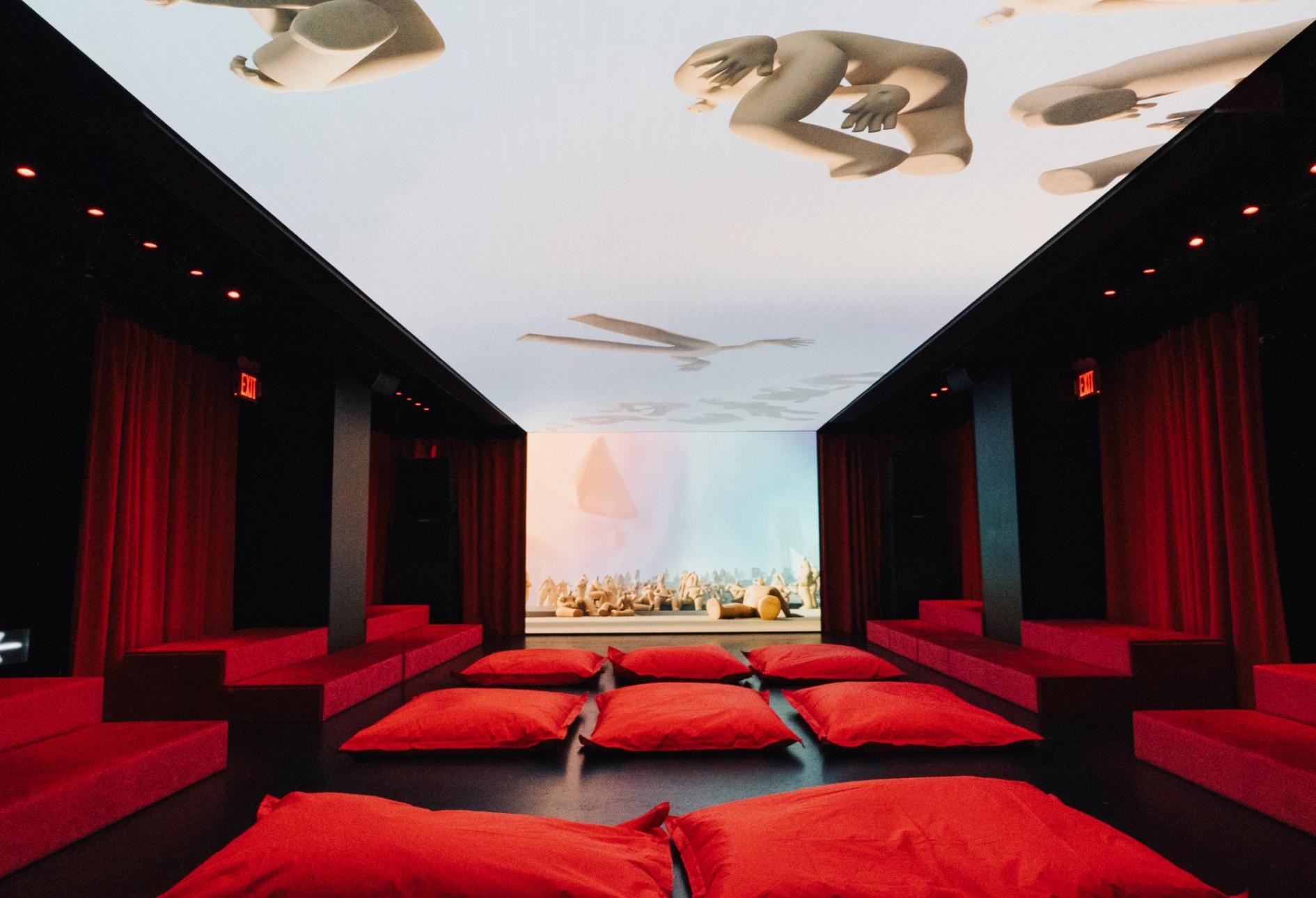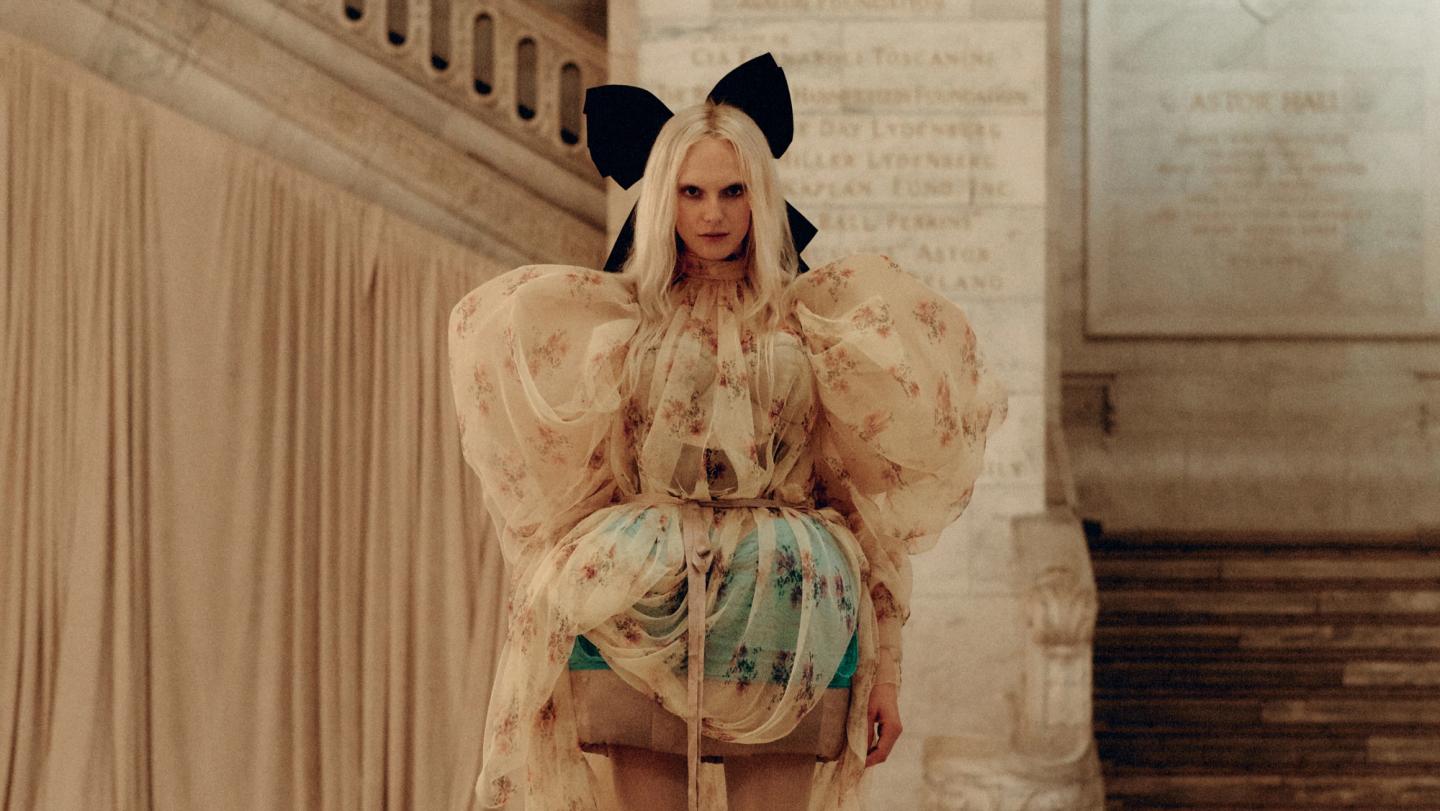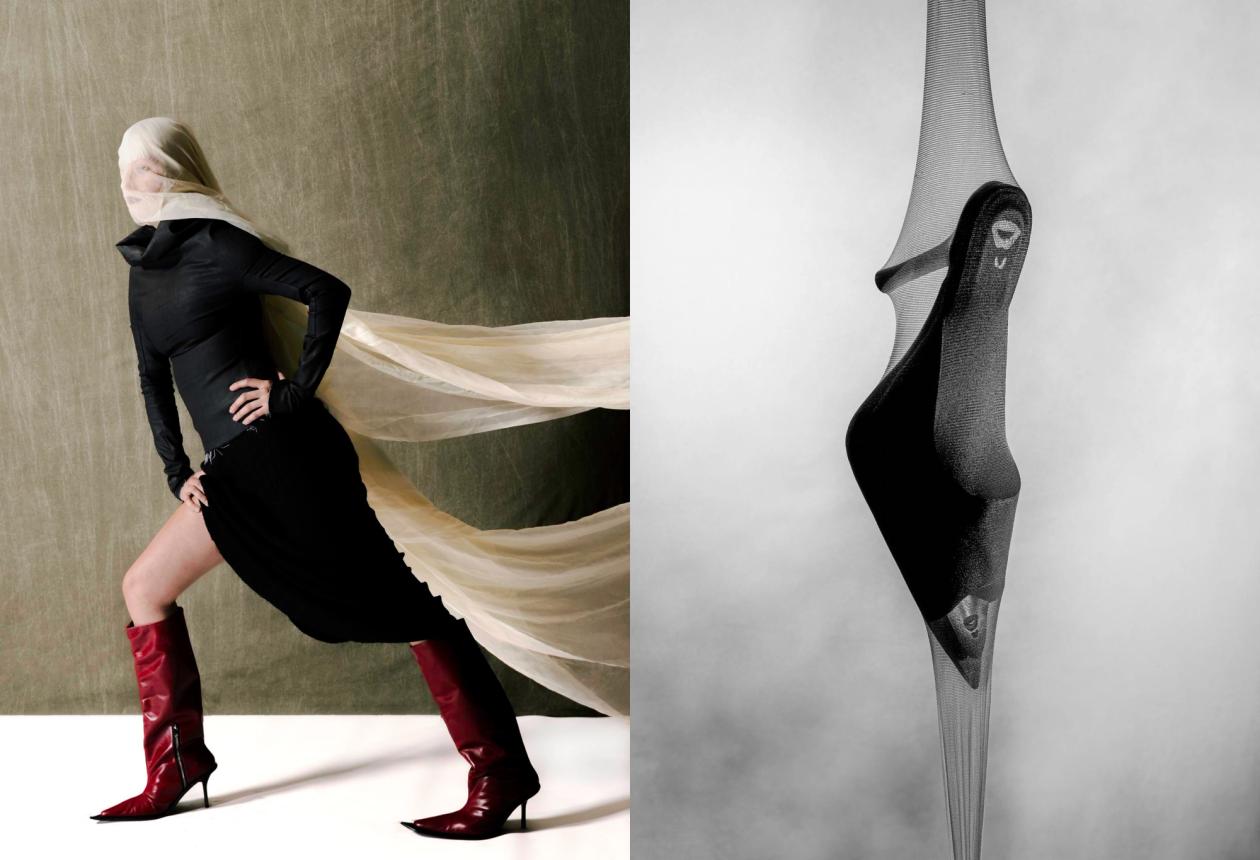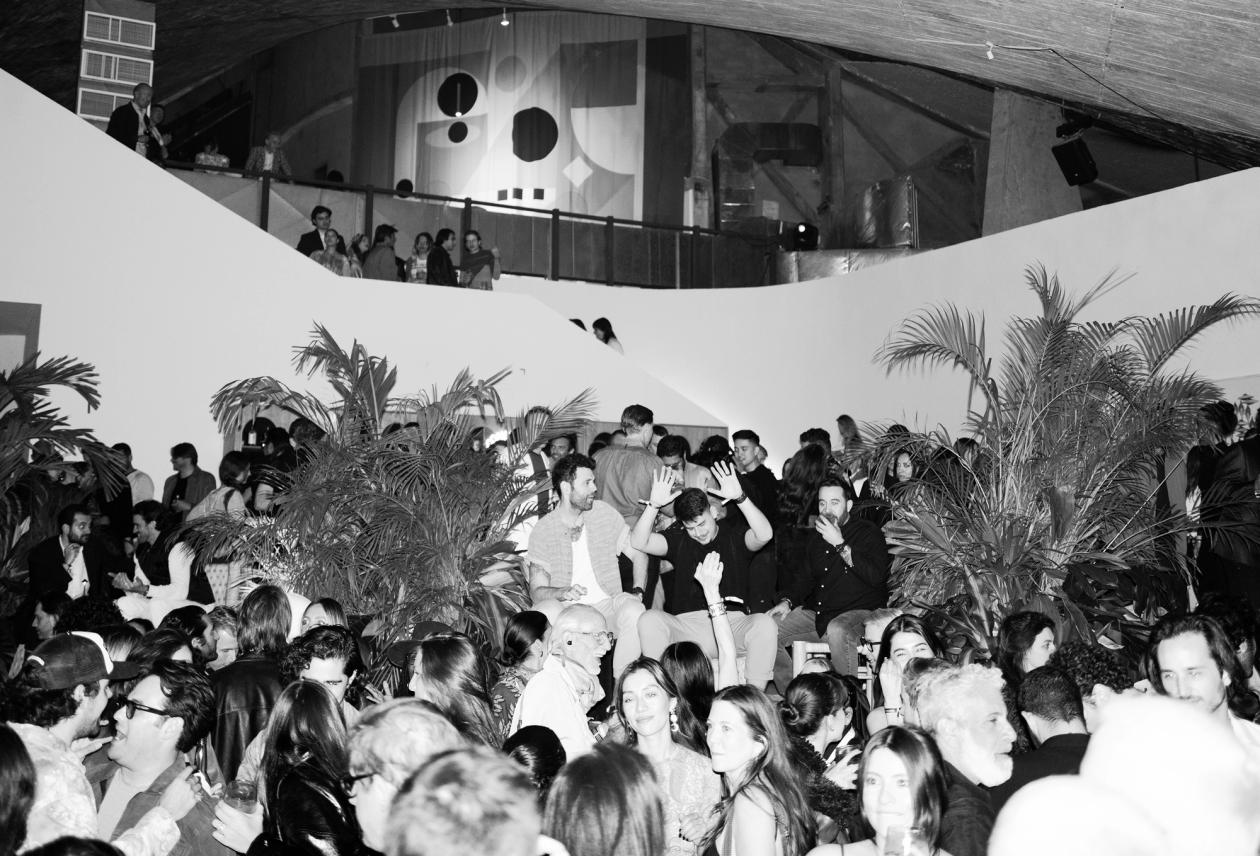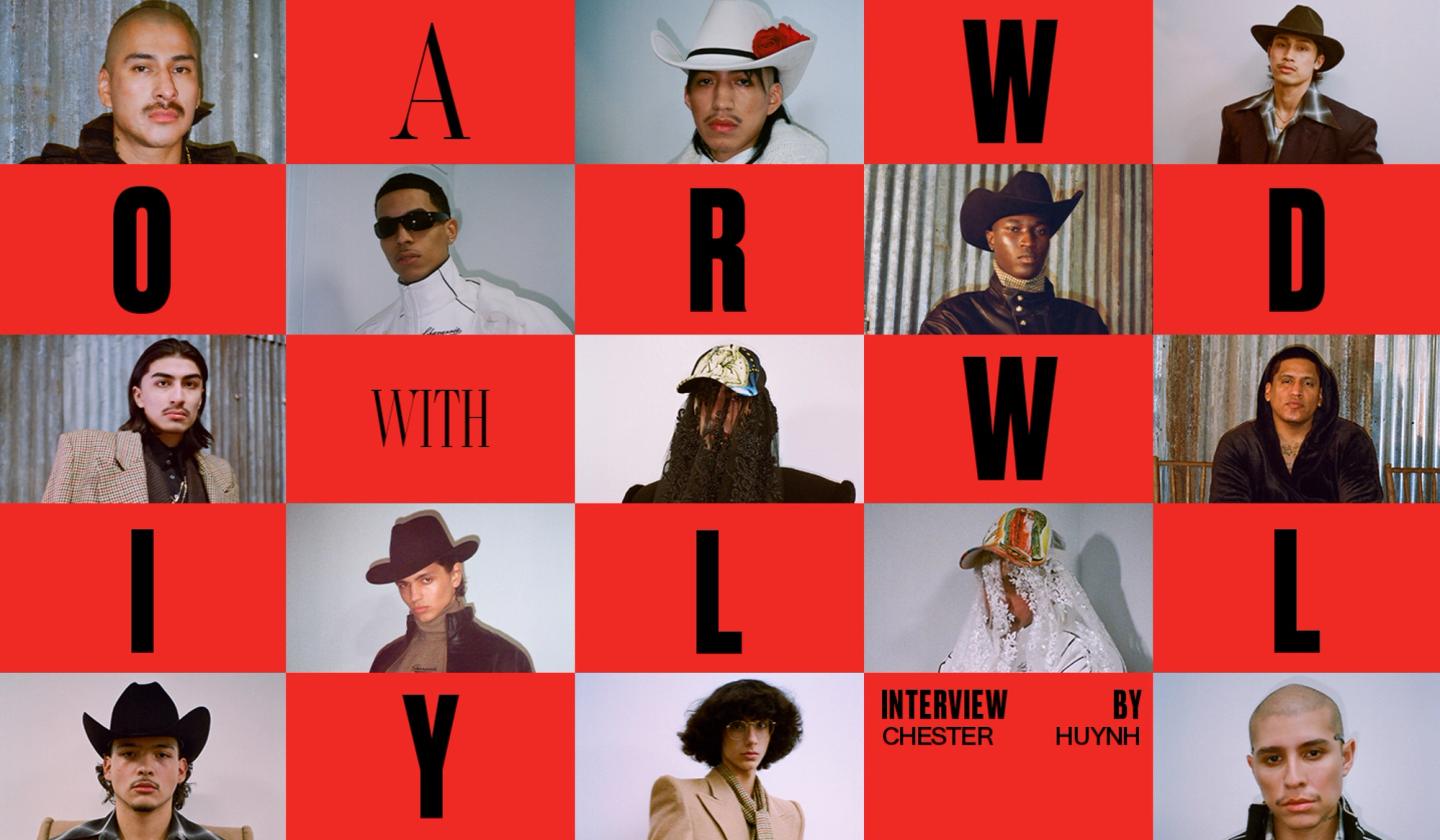
Coming out of a successful AW24 New York Fashion Week presentation, where MATTE produced an evocative fashion film and runway show, Chester Huynh sat down with Creative Director and Auteur Willy Chavarria to chat community, capitalism and what it means to be authentic in the attention economy.
Features
Fashion
Date
2/27/2024
Text
CHESTER HUYNH
I distinctly remember the first time I came across the Willy Chavarria brand. It was the summer after graduation, and I fished out a perfectly crisp, heavy-weight cotton, dropped shoulder, oversized white T-shirt out of a rack at the Beacon’s Closet on Guernsey St. It hung off my body perfectly, and whispered a sense of assuredness that only my older friends with health insurance had at the time. That very T-shirt accompanied me on countless long sweaty nights in Brooklyn warehouses I had no business being in, with people I had no business being with. Present in almost every photo I took that summer; clinging onto my sweat, skin, self. Like a good, dependable lover, it somehow disappeared as quickly as it arrived in my life, slowly slipping from memory.
Then, in early January I overheard a colleague in office whispering about a special project MATTE was producing in early 2024: A narrative film and presentation for Willy Chavarria’s Fall/Winter 2024 show for NYFW. Under Chavarria’s distinct lens and in collaboration with his creative team, MATTE built a deeply intimate film that distilled the present oeuvre of Willy’s world. In true MATTE fashion, the project became a case study in how excellence could be achieved with the right collaborative efforts and planning.
To my delight, Willy agreed to speak with me about the film and show collaboration. With the full-circle moment top of mind, I wasted no time opening the interview with that anecdote of the summer after graduation, and how his T-shirt was my trusted dance partner through those disco-soaked nights. He smiles back warmly at me, and immediately responds, “Chester, to this day, that T-shirt is still one of our best-sellers.” And, it was then where I realized I wasn’t the first nor the last to have a deep romance with a Willy Chavarria garment.
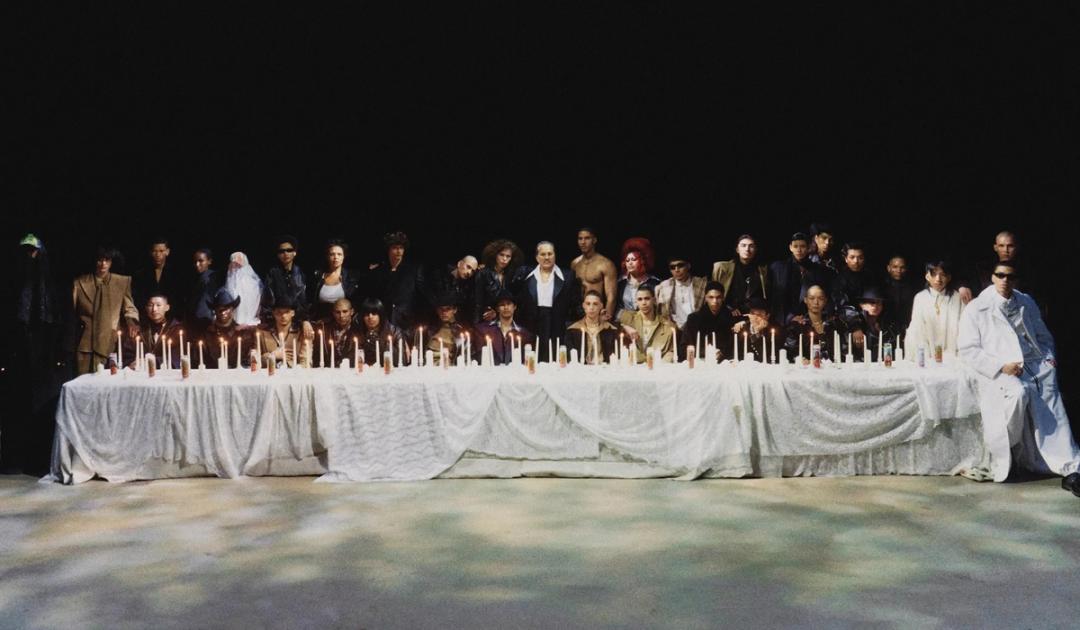
Interview
CHESTER HUYNH: In a recent New York Times feature by Guy Trebay - you are aptly characterized as a burgeoning auteur - with MATTE as your key partner here for the film feature, what would you say is the key messaging of ‘Safe From Harm’?
WILLY CHAVARRIA: I feel like we're all in a state of trauma right now… we can't turn on the TV without learning about the horrors of the world, and I feel like we carry this weight with politics… just so much ugliness and hate that is rising and I think we bear that as a trauma. So what I wanted to do with MATTE in this amazing, theatrical event was to make people feel seen and kind of say: We're all in this together. We all feel the pain.
CHESTER HUYNH: How are politics or what’s going on globally, culturally affecting your work? Does it shape the stories you tell?
WILLY CHAVARRIA: The core of the brand has always been… as I remembered when I first started it, there were two other guys in my shop and I was like ‘we're gonna do this brand, and everything we do is going to take a political stand’. This was a long time ago, this was before people did that. I had so many people saying ‘you can't do that’!
‘You can't have a show based on kids in cages’, which was my first show! It's just not how it worked. People wanted to feel good when they bought fashion and they didn't want to see the realities. Come to find out that was not the case entirely actually, people really connected with reality. And now we see a lot of that today, which I think it’s good to some degree as long as it’s sincere.
CHESTER HUYNH: I feel like you represent a new guard of designers. Fashion used to be fantasy, it used to be about escapism in a way. What you're saying here is you’re in a way using fashion as a mirror to put in front of people what’s actually going on culturally. You’re saying, how can you avoid it? It affects my everyday life.
WILLY CHAVARRIA: Yes, exactly. It’s always tough for me to design a collection because it starts with the feeling and it starts with the tone of things at the moment. How does the world feel right now, or how do I feel in relation to it all.
As the collection moves through time, it gets more and more plugged into what the story is. It's funny, when I go design for a big company, it's not like that at all. [Laughs]
You begin with a theme you have to build out. Everyone gets it and then everyone sticks to that theme. Then you merchandise into that theme, you build your money calculations into that. The benefit of not having a lot of people working on this brand is it’s easier for us to just mold it as it goes.
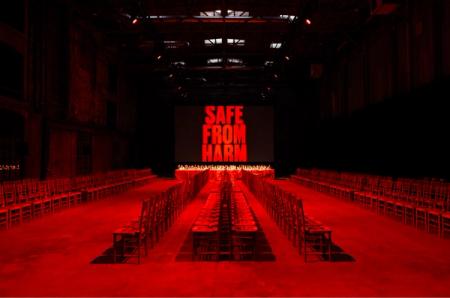
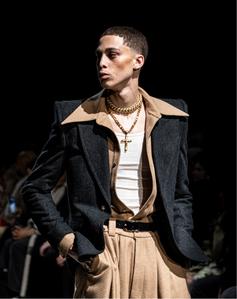
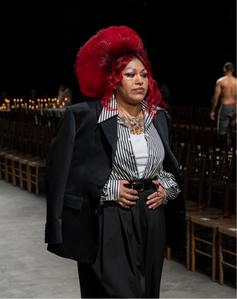
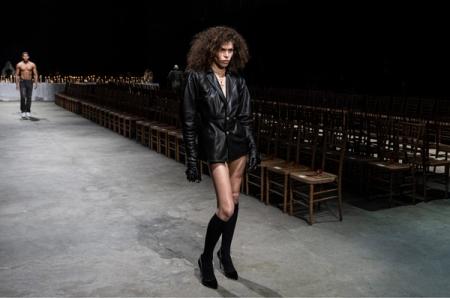
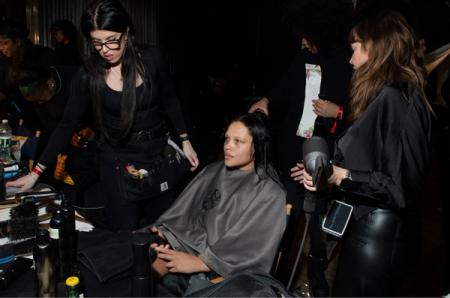
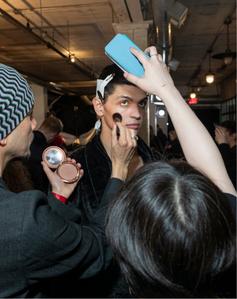
CHESTER HUYNH: Yeah. I think being an indie/smaller brand affords you the luxury of an organic process versus a linear, stagnant one that holds focus elsewhere.
You’ve previously held positions at major American labels like Calvin Klein and Ralph Lauren to name just two giants. It feels like the foundation of the Willy Chavarria collection(s) are rooted in what has always felt distinctly ‘American’ fashion - utilitarian silhouettes meant for the hustle of everyday life. Would you say a lot of your design ethos derives from your training at these commercial American labels?
WILLY CHAVARRIA: I mean, I did get training at Ralph [Lauren] as far as dealing with luxury fabrics and tailoring and getting a skill-set down that I'm really grateful for, but I think American fashion is so capitalism-driven that there is a little bit of a loss of soul.
I think there was a time when people like Ralph Lauren or Calvin Klein could have an idea and put their hearts into it and create a lifestyle and really build a business off of that, and I think now people are so chasing the dollar bill that they forget about the guts of it all.
For me, I have always been more concerned about the guts of what I'm doing, the message behind it, the meaning behind it, and the cultural value of what I am doing. More so than the cash coming in. I can't say that's a good thing, but it has allowed me creative freedom and also enabled me to sustain a growing business.
In general, it's easy to spot something when it's really sincere. I think that what I'm doing comes from such a place of realness and I want to protect that from beginning to end. That double-breasted coat or whatever. It's just a garment.
It doesn't have a gender. It doesn't have a class or a race. It's just a piece of clothing. We make it what it becomes after we wear it, we make it either feminine or masculine or fancy or street, we interpret it. I think that's why my styling is so important. It's that I'm taking these garments and making characters. And the characters are all kinds of people.
CHESTER HUYNH: Willy Chavarria people. [Laughs]
What is one of the greatest lessons that you've learned from working at major commercial brands, and how would you translate that advice to a younger generation?
WILLY CHAVARRIA: I think because we live in a capitalist world, and it's probably not going to change for a while, I always tell the younger generation that it's important to get as much work experience as you can. Especially people who are in music or design, they just kind of want to be successful immediately, and they don't think they need to work and learn.
For me, my college was really working for these companies where I learned about merchandising, costing, sourcing, development, lead times, and all of these things that you really need to learn about. It’s the most valuable thing you can do for yourself, learning the things that you wouldn't expect to learn. [Laughs]
For the first part of my career working for these companies, I was learning and giving them my talent and my output, but now I feel that when I go into these companies I'm bringing perspective. It's something they need.
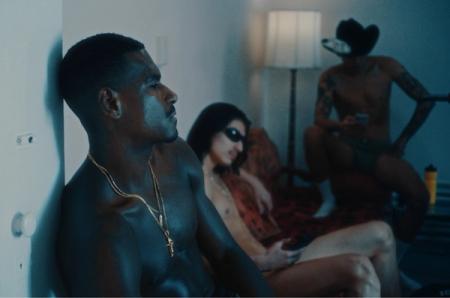
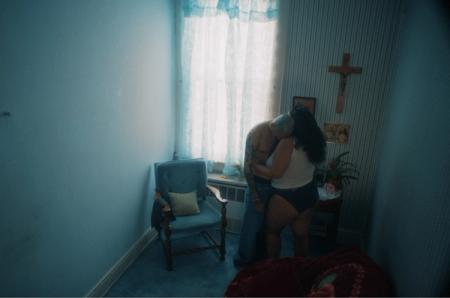
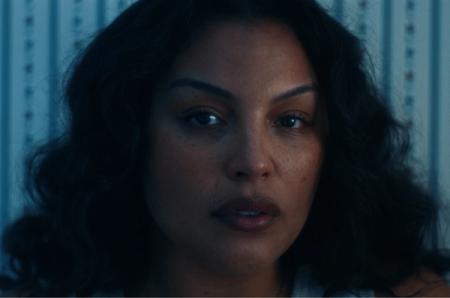
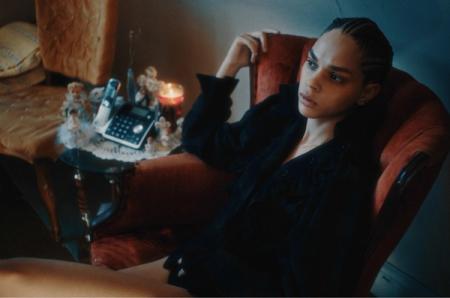
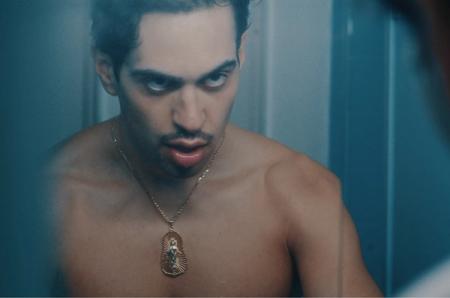
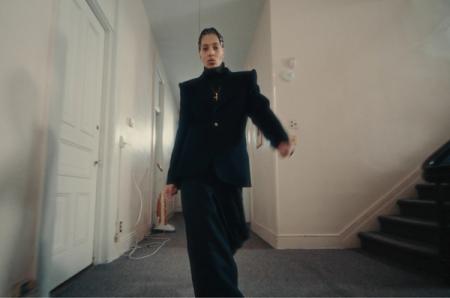
CHESTER HUYNH: It sounds like clothes are just clothes, and it's the nuances between the wearer and the garment that tells the story, right? Brands are building businesses off of community. You know what I mean? It's like, your audience needs to feel both seen and invited.
WILLY CHAVARRIA: I would say 100%, and that's why the shows, the marketing, the storytelling, all of that is so incredibly important because that’s where the messaging comes across. That's the platform where I'm able to do something that is not just making clothes and selling clothes.
[My Customer] knows what my clothes represent and they see the story that's told in the show, and they know the type of casting that I do. They know the social justice issues.
I don't think people buy the clothes to say ‘I am super c**** and I spent whatever on this’. They're buying the clothes because they identify with an inclusivity that is kind of attractive. I think it's a very important part of where fashion is going.
CHESTER HUYNH: Collaborations are a very important part of collection building. Where do you see the value in partnering with an agency like MATTE Projects?
WILLY CHAVARRIA: I mean honestly I had no idea what MATTE could bring! I am the biggest cheerleader for MATTE. I mean, I don't want to sound ridiculous, but I'm truly moved and floored by the amount of talent that exists in MATTE Projects and I had no idea what I was missing to tell you the truth because I thought I could do everything and I realized that a team like MATTE brings such… a wealth of experience and knowledge and talent and thoughtfulness.
My business and my brand is at that point where it has to go to the next level - there could not be a crooked chair or a misplaced candle. It's just not permissible. I knew that I was going to need to work with a production company. I met with a lot of production companies and honestly, just speaking with Lennon and Akua [From MATTE] made me feel a trust that was very strong and they carried through with everything they promised.
CHESTER HUYNH: For a young brand like yours who's putting large budgets towards a lot of this output, where have you seen some of the fruits of your labor? Even in the past week?! I mean, I can't ignore any of the coverage. There's so much Willy Chavarria coverage across so many major publications.
WILLY CHAVARRIA: Yeah, I mean the shows are big investments. It's a big investment, but it's necessary for the brand's growth. The shows garner press and it's actually where you can tell the story of the brand. Even if it's just for one collection, the story of the brand, the visuals, the sound, the scent, everything conveys the message of the brand. So, of course the better the story you tell the more people hear about it and want to talk about it. So doing the film, I mean it was just so fun.
I've always wanted to do a film, and making it felt like the most amazing thing. It was very, very smart the way that MATTE handled it: Making sure that we had everything sampled in time to do this beautiful film, and then to have editing time strategically set, all of these things planned before we launched and then to just have a flawless screening. My mind is still blown.
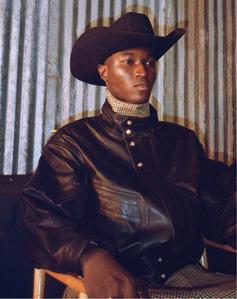
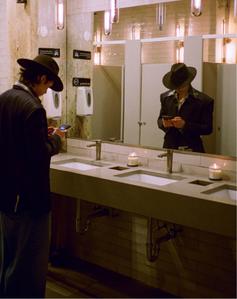
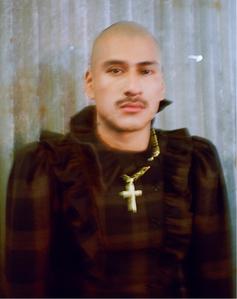
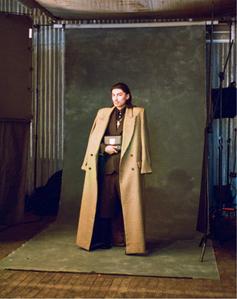
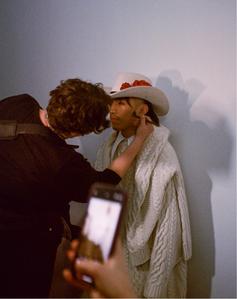
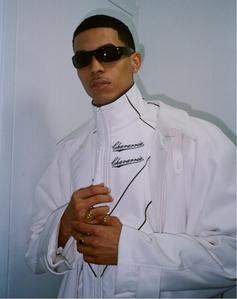
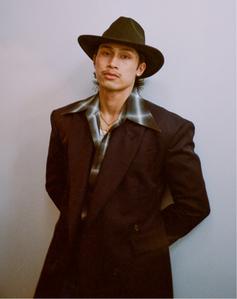
CHESTER HUYNH: Where do you think luxury consumption is moving towards now, capitalism is kind of unavoidable, right? Where do you think luxury consumers are moving?
WILLY CHAVARRIA: It's a very good question. I mean, that's a huge question that I have conversations about every day..
For me, it is always going to be important to have a really wide reach. For a wide audience. I want the brand to always be able to offer a $29 T-shirt somewhere. I may have a $350 T-shirt that I can sell, it's made of Peruvian cotton and it sells at Berg's [Bergdorf Goodman] or whatever but I still want to have something that my family can afford too. I think that the luxury market population could shrink, given the unknown state of the world. But, I don't know if the concept would. For me, it's about opening into new markets.
CHESTER HUYNH: Collection aside, where does Willy Chavarria go to celebrate with his crew after the dust settles on a collection?
WILLY CHAVARRIA: It's home, Chester, I'm sorry. [Laughs]
My team, after I go home, they go to The Basement - [Chavarria turns to team] Where do you guys go?
God these kids know how to party. I very much like to go home and snuggle with my dog and my husband and that's my tea. She used to be out there. She was out there. But now, I go home.
CHESTER HUYNH: There’s this quote from Vogue I wanted to bring up: “Yet Chavarria is looking for work. He said he’d love to work for a European brand and would happily move to Europe again.”
Let’s play blue sky, are there certain European houses on your mind? Could you talk about any European houses that have really inspired your work over the course of your career?
WILLY CHAVARRIA: I wasn’t really very inspired by European houses growing up. I didn't know anything about them to tell you the truth. But as I got older I started to learn more about them and realized I liked couture. Just the idea of making a masterful garment that’s perfection, but I would like to do a brand that's kind of sleeping.
CHESTER HUYNH: Like a Sleeping Beauty?
WILLY CHAVARRIA: Yes, like a fabulous brand, but it’s just kind of in the background right now. I would love to wake it up. That would be so fun. Like a Trussardi or something. I would love to grab it by the shoulders and shake it up!
CHESTER HUYNH: I mean the sky’s the limit right? Louis Vuitton didn’t do RTW til Marc Jacobs!
WILLY CHAVARRIA: Completely, or Cartier doesn't have a menswear collection. I would do that!
Recent Articles
